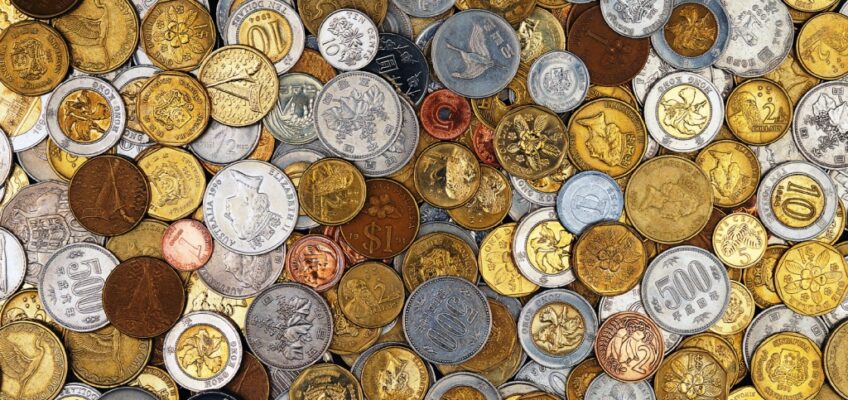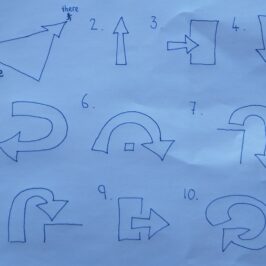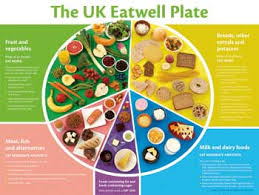Practica tu vocabulario en Inglés con este ejercicio sobre el dinero – con respuestas. Como se dice ‘salario’ o ‘tarifa’? Cual es la diferencia entre ‘fee’ and ‘fare’?
Practise your Reading and Vocabulary: 26 different ways to say ‘Money’. Do you know them all? What’s the difference between / Cual es la diferencia entre: Fee, Fare, Wages, Ransom, Loan, Dough, Allowance, Tip and many more…
Money takes many forms. Can you match each word with its defintion?
- A sum of money that you owe.
- Colloquial term for money. Literally, the mixture used to make bread.
- Money that you pay for a favour (to a policeman, civil servant). It is illegal to accept this.
- A portion of earnings which is given to someone who has a special right, for example, a writer, musician or their heirs.
- The name of money that is specific to one country or several countries: Euro, Yen, Peso, Rial, Pound, Dollar….
- The total amount of money that is earnt from all sources: work, shares, rent, royalties, pension….
- Money that is spent. In business, this amount is subtracted from income to work out profit.
- A sum of money that the Government gives you to help you study, set up or develop a business, research… This is sometimes referred to as a ‘scholarship’ if it is for academic purposes.
- Money given to you that you must pay back. This could include a mortgage.
- A sum of money that kidnappers demand in order to return a hostage.
- The money a bride’s family must pay the bridegroom’s family for her to get married.
- The money you do not spend.
- The money received from an event or activity, often for charity (sponsored runs, charity dinners…)
- Money you receive from the government for social reasons (large family, unemployment, disability…)
- An extra you pay the waiter or waitress in a restaurant for good service.
- The price of public transport (including taxis, flights). The word can also mean the ticket itself.
- The money that is returned when you take something back to the shop.
- A sum you have to pay an official body for a minor offence like parking infractions, speeding, unsocial behaviour…
- The money that you earn from an investment.
- A payment for a professional service (dentist’s, or a privilege (dentist’s… tuition, entrance to a museum….)
- Money you put to use (lending to companies, buying goods or commodities…) with the hope of an increase over time.
- Money or property that is left to another person when someone passes away.
- The money you are paid per year (before tax).
- The money you are paid each year (after tax).
- The money you are paid per week or per month.
- The amount of money given to somebody for a particular purpose, for example: A parent to his child while he is at university, or a company to an employee while on a business trip.
a. Fee
b. Dowry
c. Proceeds
d. Debt
e. Fine
f. Wages
g. Net Salary
h. Gross Salary
i. Tip
j. Bribe
k. Ransom
l. Fare
m. Allowance
n. Investment
o. Savings
p. Dividends
q. Refund
r. Grant
s. Benefits
t. Expenses
u. Loan
v. Income
w. Royalties
x. Inheritance
y. Currency
z. Dough
ANSWERS BELOW!!!

- A sum of money that you owe. DEBT
- Colloquial term for money. Literally, the mixture used to make bread. DOUGH
- Money that you pay for a favour (to a policeman, civil servant). It is illegal to accept this. BRIBE
- A portion of earnings which is given to someone who has a special right, for example, a writer, musician or their heirs. ROYALTIES
- The name of money that is specific to one country or several countries: Euro, Yen, Peso, Rial, Pound, Dollar…. CURRENCY
- The total amount of money that is earnt from all sources: work, shares, rent, royalties, pension…. INCOME
- Money that is spent. In business, this amount is subtracted from income to work out profit. EXPENSES
- A sum of money that the Government gives you to help you study, set up or develop a business, research… GRANT
- Money given to you that you must pay back. This could include a mortgage. LOAN
- A sum of money that kidnappers demand in order to return a hostage. RANSOM
- The money a bride’s family must pay the bridegroom’s family for her to get married. DOWRY
- The money you do not spend. SAVINGS
- The money received from an event or activity, often for charity (sponsored runs, charity dinners…) PROCEEDS
- Money you receive from the government for social reasons (large family, unemployment, disability…) BENEFITS
- An extra you pay the waiter or waitress in a restaurant for good service. TIP
- The price of public transport (including taxis, flights). The word can also mean the ticket itself. FARE
- The money that is returned when you take something back to the shop. REFUND
- A sum you have to pay an official body for a minor offence like parking infractions, speeding, unsocial behaviour… FINE
- The money that you earn from an investment. DIVIDENDS
- A payment for a professional service (dentist’s, or a privilege (dentist’s… tuition, entrance to a museum….) FEE
- Money you put to use (lending to companies, buying goods or commodities…) with the hope of an increase over time. INVESTMENT
- Money or property that is left to another person when someone passes away. INHERITANCE
- The money you are paid per year (before tax). GROSS SALARY
- The money you are paid each year (after tax). NET SALARY
- The money you are paid per week or per month. WAGES
- The amount of money given to somebody for a particular purpose, for example: A parent to his child while he is at university, or a company to an employee while on a business trip. ALLOWANCE







